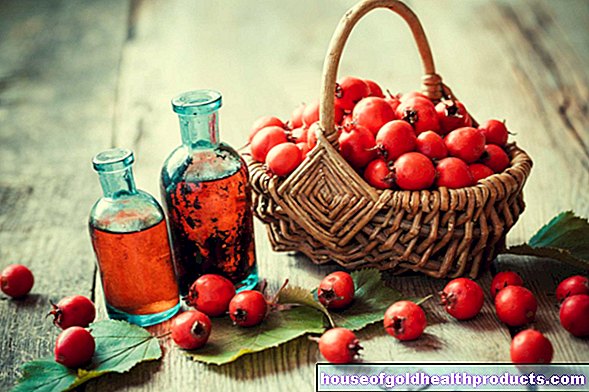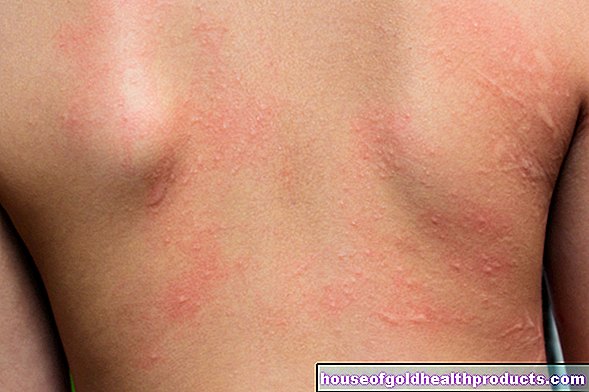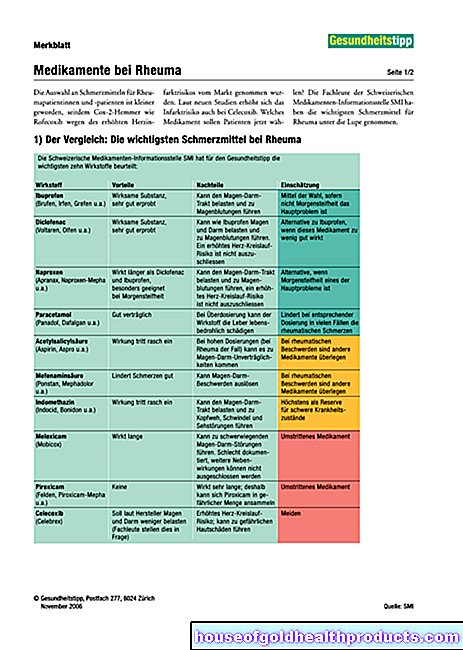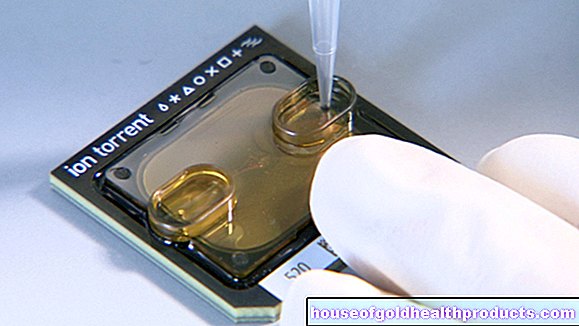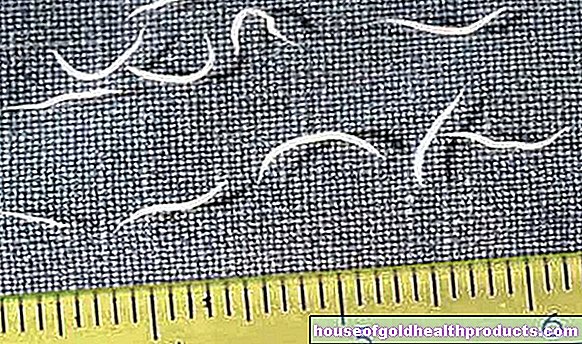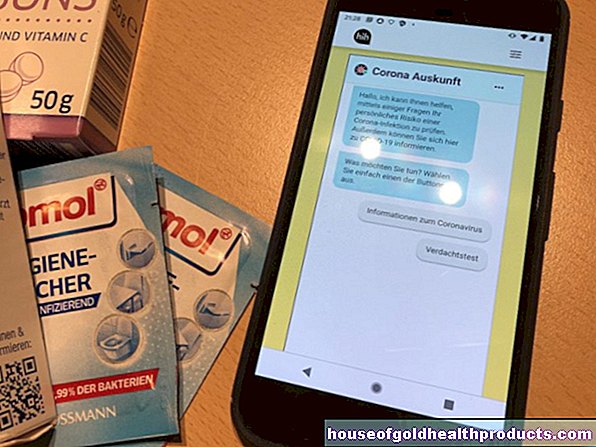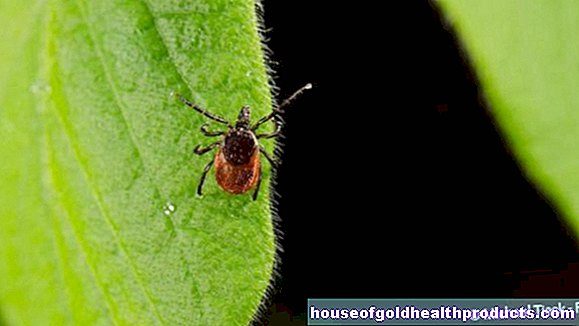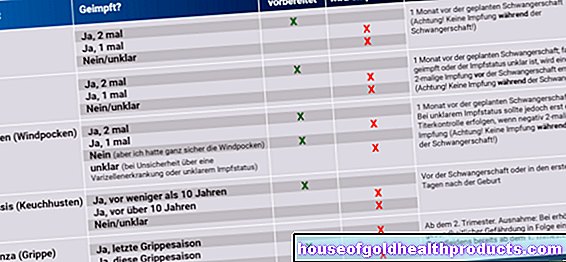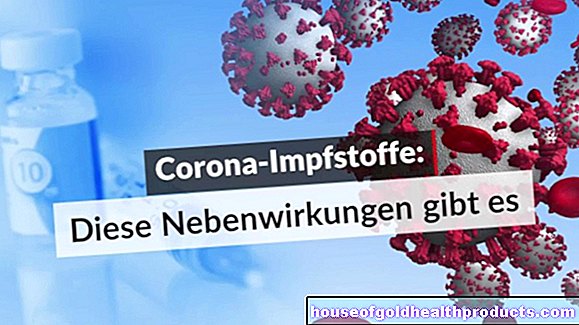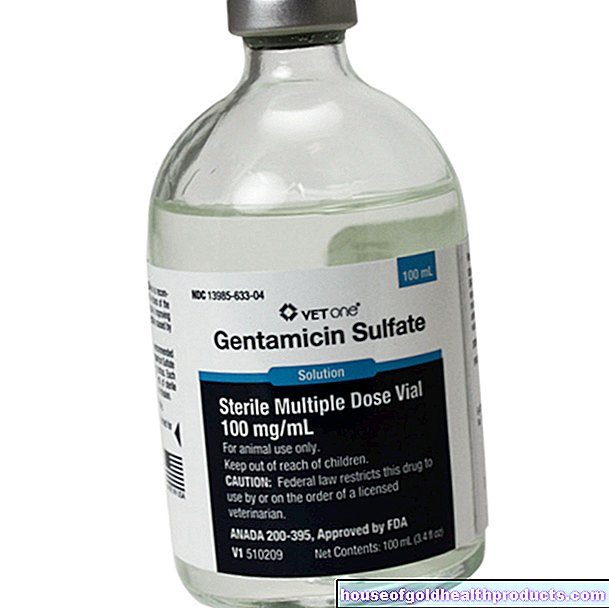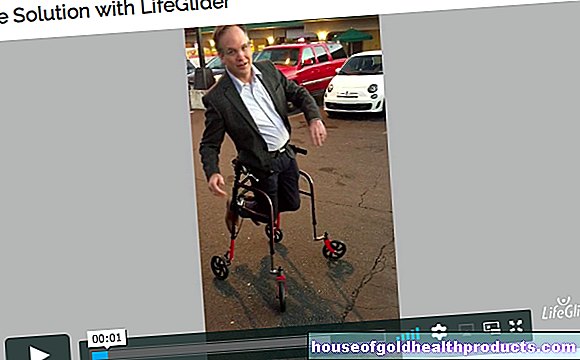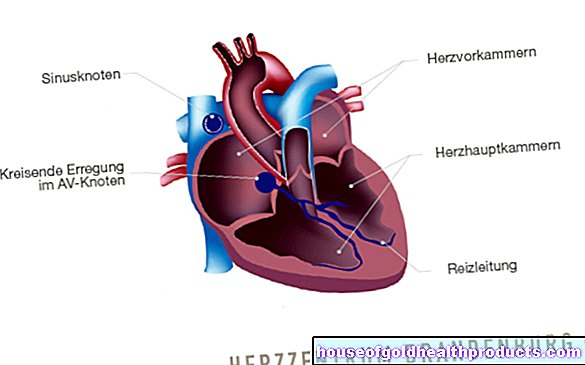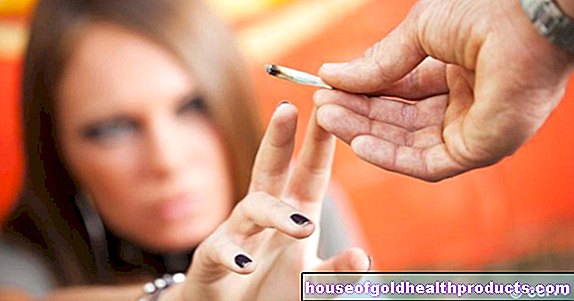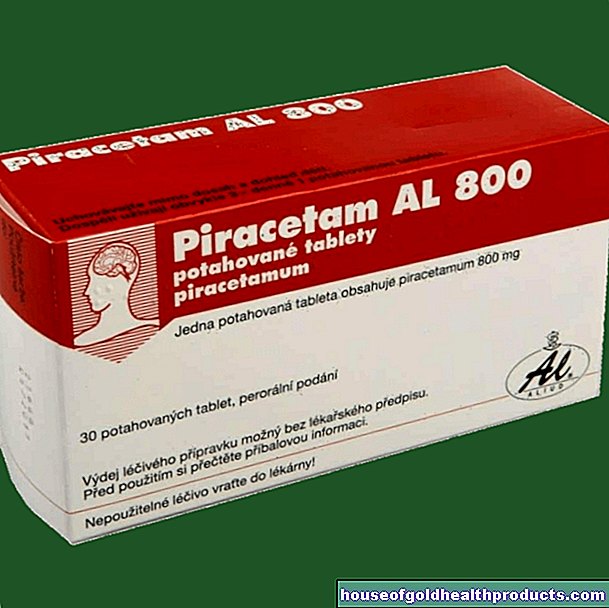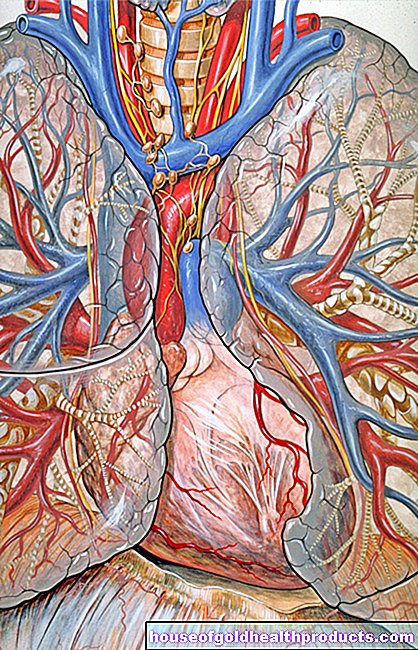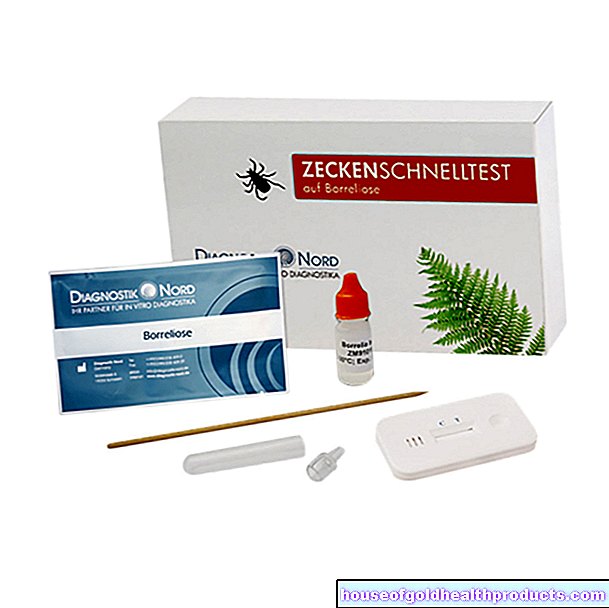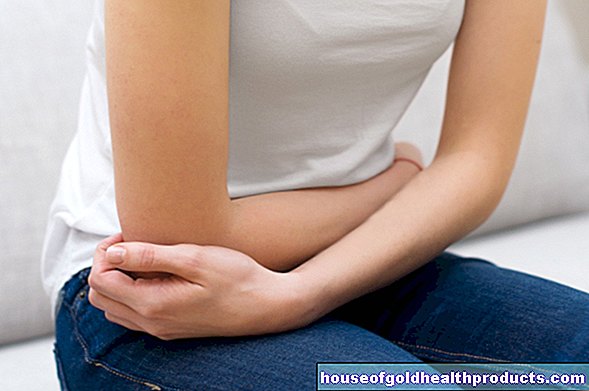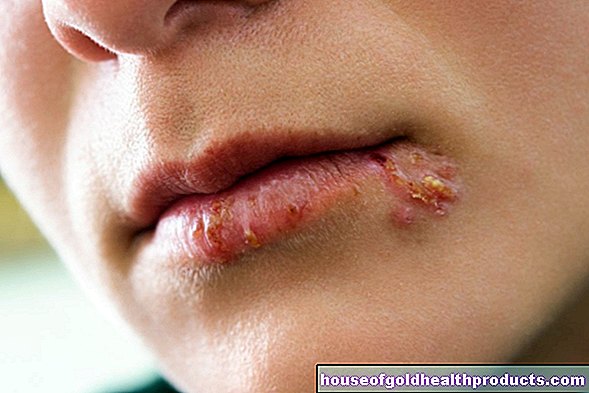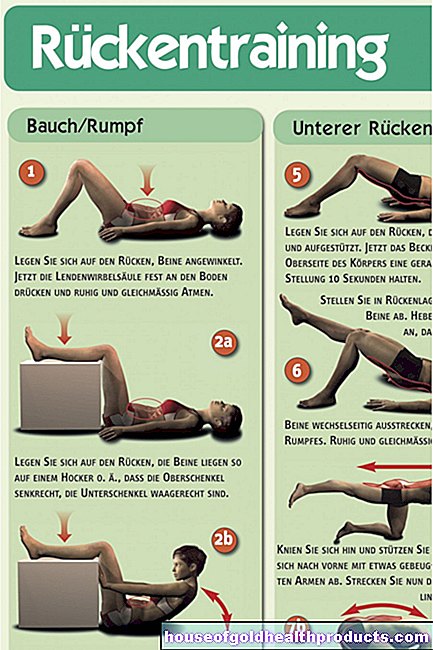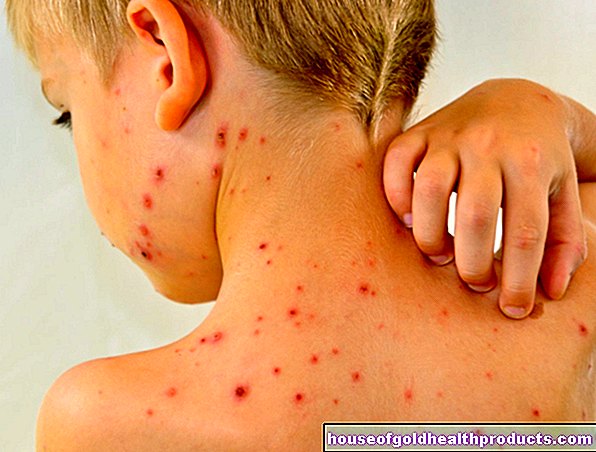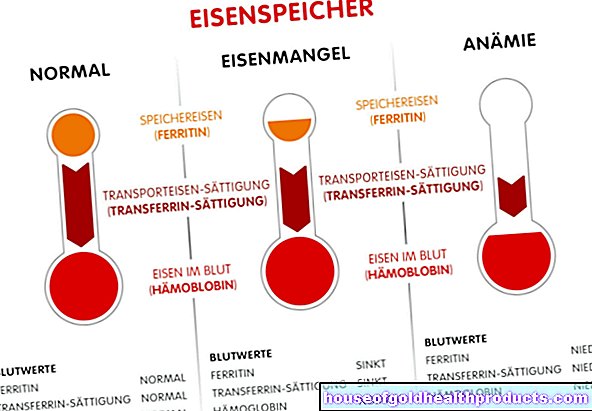Medicines for children
All content is checked by medical journalists.Children often take drugs that are not actually made for them, but have been developed and tested on adults. With such preparations there are hardly any scientific data on risks, side effects and dosage in children. This is why pediatricians have to resort to tricks with many drugs. Pediatricians often “down” the correct dose from adults to the child's weight. This requires a lot of personal experience and a sure instinct.
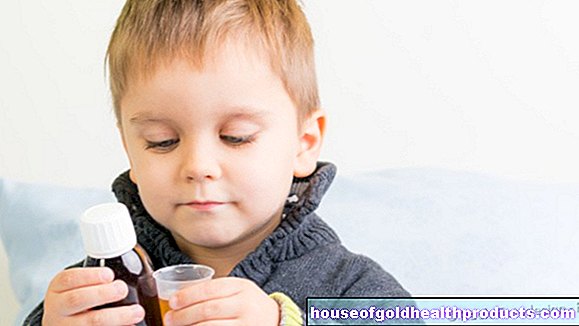
However, since 2007 there has been an EU regulation for medication suitable for children. Since then, drug manufacturers have also had to test new drugs on minors (unless they are drugs that are only intended for adults, such as drugs for an enlarged prostate).
According to the association vfa - the research-based pharmaceutical companies, around 30 new drugs and application aids for children and adolescents were approved in 2015 and 2016 and around 37 in 2017. According to the European Medicines Agency, there were over 80 drugs for adults in 2016.
Not little adults
In the tests on children, for example, it should be determined exactly which dose is right for the little ones and when which side effects occur. These separate examinations on minors are so important because a young organism processes medicines very differently than a full-grown person. For example, newborns only break down active substances slowly because the liver and kidneys are not yet mature. In children over two years of age, on the other hand, the metabolism works faster - their bodies excrete the substances more quickly. Therefore, the dose of a drug must always be adjusted to the weight and age of the child.
What helps adults can also harm children. Even supposedly harmless and over-the-counter medicines can be dangerous for the little ones. For example, children with pain and fever are not allowed to receive acetylsalicylic acid (ASA). The active ingredient can trigger life-threatening Reye's syndrome in them, in which the brain and liver are severely damaged.
Special dosage forms
Most often, children are given medication for infections with viruses or bacteria. Giving the little ones the drugs can be difficult at times: They often don't open their mouths, spit the medicine out again, or vomit the medicine before it has an effect.
That is why medicines are often available in special dosage forms for children, for example as drops, juice, powder, granules or suppositories. Ask the pediatrician which form of administration is best for your child. Then tell him if it worked.
Tips for parents
Flavorings are usually added to the liquid medicines so that the medicine tastes better for the children. In addition, some medicines can be mixed with juice, tea or breast milk to mask the taste of the medicine.
If you have to give your child medication drops that must not be diluted, you can give them directly into your child's mouth with the help of a syringe (without a needle!). Make sure, however, that you strictly adhere to the prescribed amount.
Sometimes children spit out much of the juice or drops, or vomit the medicine. If this happens within the first hour after taking the medication, you will have to give the dose again. The same applies to diarrhea / bowel movements in the first hour after a suppository.
Children who have to take medication regularly should be able to say which form of administration they like best (if there are several alternatives).
Whether drops, juice, suppositories or other forms of administration - always adhere to the dosage recommended by your doctor or pharmacist. NEVER change them on your own.
Caution: Never give your child medication without first talking to your doctor. Even a headache pill can cause serious side effects, especially in young children. In addition, some medications can mask symptoms of a serious condition and delay proper treatment.
Medication emergencies
Under no circumstances should you keep medication within the reach of children. It happens again and again that children unobserved at negligently stored medication and cheerfully ingest colored pills or a delicious tasting medicinal syrup - sometimes with life-threatening consequences of poisoning! Children are not yet able to assess the possible dangers of taking medication - especially since they have often observed that mom, dad, grandma or grandpa also swallow a pill every now and then. The instinct to imitate is particularly strong with toddlers!
Therefore, be as careful as possible when handling medication. If, in spite of your precautionary measures, your child has possibly got a medication in their hand and swallowed it, it is imperative that you inform your pediatrician or the outpatient department of the nearest children's clinic immediately! Always take packaging or bottles of any medication you may have taken with you to show the doctor. Often it is enough to make children with drug poisoning vomit (under supervision in the clinic). However, your child may need to be admitted to the hospital for observation or therapy.
Tags: unfulfilled wish to have children magazine medicinal herbal home remedies